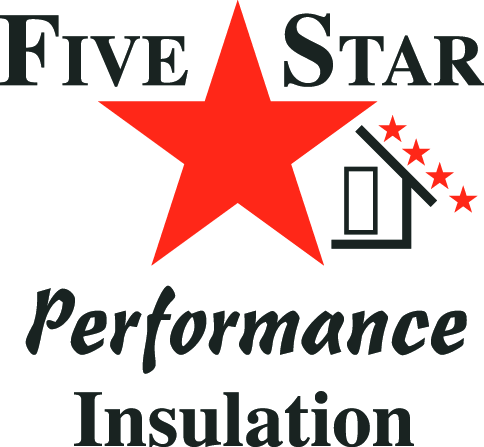Do you feel like your home or business is letting in more outdoor air? You crank the thermostat to keep things comfortable, but even that doesn’t seem to do the trick anymore.
The problem may be that the building has inadequate insulation. If you don’t have sufficient insulation, you could be paying more than you should for heating and cooling.
Let’s look at the advantages of two major forms of insulation: fiberglass and spray foam.
Fiberglass insulation
Fiberglass information comes in sheets or rolls of material referred to as batts. This type of insulation is created using tiny glass fibers. This material was used in the construction of many older homes across the country. One of the leading reasons some people prefer fiberglass is that it’s cheaper.
However, what you save up-front could cost you down the line. That’s because fiberglass isn’t as effective as spray foam. It includes no true air seal. While it will keep some of the outdoor air from rushing into your home, it’s not the best form of insulation available.
Fiberglass is also easy to install, with many homeowners choosing to do it themselves, but fiberglass batts are liable to sag and deteriorate as the years pass. This creates gaps, removing any potential benefit of insulation.
Spray foam insulation
This form of insulation is made of a polymer that expands as it is applied to fill a space. The two types of spray foam insulation are closed cell and open cell. Closed-cell foam hardens as it dries, effectively blocking any air that tries to penetrate it. On the other hand, open-cell spray foam remains soft and absorbs air that passes into it.
Closed-cell spray foam provides a comprehensive way to block airflow from outside the building. You’ll have better control over the temperature, and you won’t see spikes in heating or cooling bills.
It also adds structural strength to the building. This is a good solution for those who live in areas that are susceptible to high winds and earthquakes. It’s also a good choice when the home’s upper levels need additional support.
Open-cell spray foam is a less costly option than closed cell. It’s used not only as insulation but to help with reducing sound.
The bottom line for spray foam and fiberglass insulation
Both forms of insulation are resistant to moisture, meaning you won’t see mold or mildew growing on them. They’re both resistant to fire and provide a quality barrier to sound. That said, foam offers better overall protection from the outdoors while coming with a bit higher of an initial price tag. Many business owners and homeowners believe this pays off in the long run with lower heating and cooling bills.
For more than 25 years, the professional team at 5 Star Performance Insulation, Inc. has been helping business owners and homeowners. We’re a locally-owned and -operated business with high standards for providing quality products and outstanding customer service. Give us a call today to learn more and ask for a free quote.
